Depression Counseling
I provide compassionate and certified Depression Counseling Services for individuals who feel overwhelmed, stuck, or emotionally drained. As a Licensed Clinical Social Worker (LCSW), I work with clients to understand the root causes of depression, develop healthy coping strategies, and restore a sense of purpose and well-being. Whether you’re experiencing chronic sadness, lack of motivation, or emotional numbness, you’re not alone — and there is help.

What is depression?
Depression is a mental disorder characterized by at least 10-14 days of noticeable or recognizable low mood. Lower levels of self-esteem, loss of interest in the usual activities an individual would enjoy, low energy levels, and internal pain without an obvious cause are common symptoms.
People affected by depression may also occasionally have delusions or hallucinations. Some may experience different time frames of depression separated by months or years, while others nearly always have some form of symptoms present. Major depression can also occur which traditionally requires immediate action or professional help in order to prevent self-inflicted harm and other forms of poor decision making.
Diagnosing depressive disorders is usually based on the person’s reported experiences and an official medical examination by a certified professional. There is no immediate laboratory test for the disorder, but comprehensive testing or a process of elimination may be completed to rule out physical conditions that can cause similar symptoms.
Those with a major depressive disorder are recommended to typically first participate in counseling before any type of medication or antidepressant medication is prescribed. Medications can be effective, but the effects may only be worth the risks in major cases of depression. Types of counseling used include cognitive-behavioral therapy (CBT), interpersonal therapy, and electroconvulsive therapy (ECT)
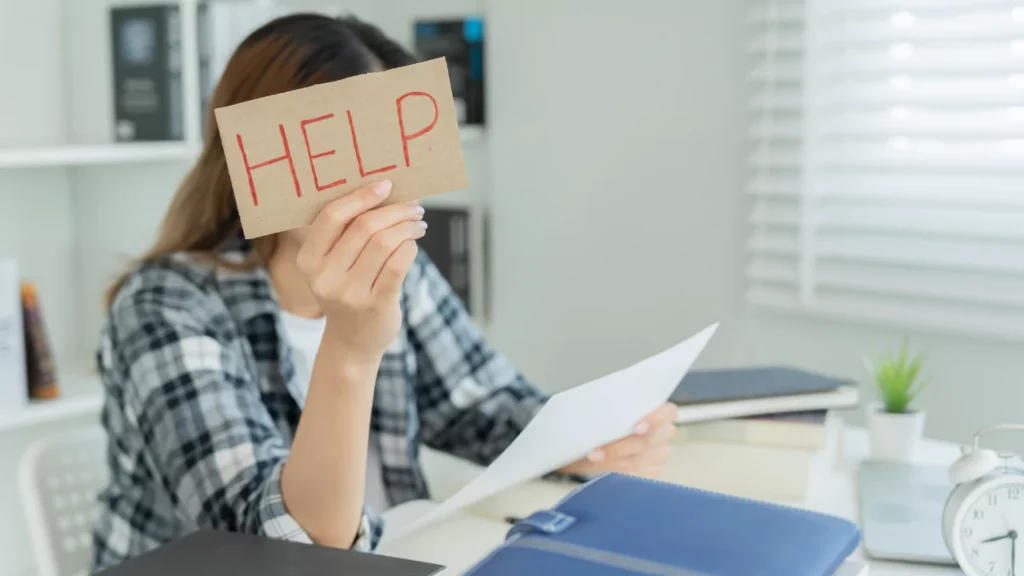
Identifying depression and taking action to combat it
One thing is for sure: Depression and anxiety can take on many forms. It can be related to an unhealthy relationship or possibly dealing with a sexual preference. It may be due to the stress of dealing with an aging family member. if you notice any similar symptoms you may be struggling with depression and it may be time to take action. Book a depression counseling session with Nancy Travers, LCSW and avoid the long term effects of it.
Everyone has some ups and downs and sadness is a natural emotion. The normal stresses of life can lead anyone to feel sad every once in a while. Things like an argument with a friend, a breakup, doing poorly on a test, not being chosen for a team, or a best friend moving out of town can lead to feelings of sadness, disappointment, or grief. These reactions are usually brief and go away with a little time and care.
Depression is more than occasionally feeling blue, sad, or down in the dumps, though. Depression is a strong mood involving sadness, discouragement, despair, or hopelessness that lasts for an extended period of time. It interferes with a person’s ability to participate in normal activities.
How does Depression Counseling Work?
Depression counseling provides an understanding of behavior patterns, why we do what we do. It teaches healthy, effective skill building to resolve and manage your issues. Depression counseling provides the environment to get “unstuck” from your issues.
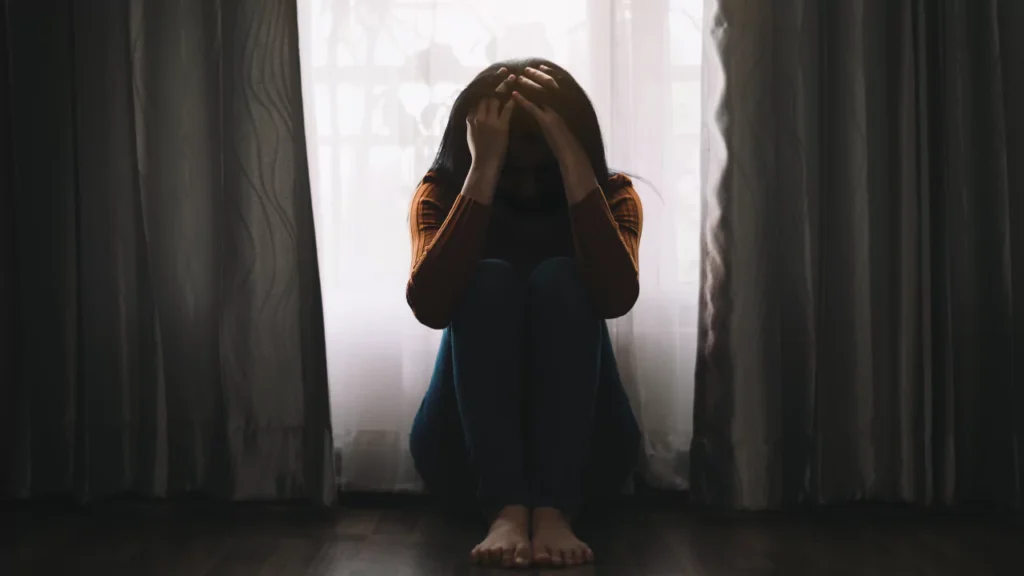
WHY DO PEOPLE BECOME DEPRESSED?
There is no single cause for depression. Many factors play a role including genetics, life events, family and social environment and medical conditions.
Genetics
Research shows that some people inherit genes that make it more likely for them to get depressed. However, not everyone who has the genetic makeup for depression becomes depressed, and many people who have no family history of depression have the condition.

Life Events
The death of a family member, friend, or pet can sometimes go beyond normal grief and lead to depression. Other difficult life events, such as when parents divorce, separate, or remarry, can trigger depression. Even events like moving or changing schools can be emotionally challenging enough that a person becomes depressed.

Family and Social Environment
A negative, stressful, or unhappy family atmosphere can have an effect on some teen’s self-esteem and lead to depression. This can also include high-stress living situations such as poverty, homelessness, or violence. Substance abuse could cause chemical changes in the brain that negatively impact mood. The damaging social and personal consequences of substance abuse can also lead to depression.
Medical Conditions
Certain medical conditions can affect hormone balance and therefore lead to depression. When these medical conditions are diagnosed and treated by a doctor, depression usually disappears. For some teens, undiagnosed learning disabilities might block school success, hormonal changes might affect mood, or physical illness might present challenges or setbacks.
- Are you feeling frustrated with your relationship?
- Are you arguing more than making love?
- Do you feel alone even though you are in a relationship?
- Does you marriage suffer with sexual intimacies?
- Do you feel like roommates instead of lovers?
- Is there anger and resentment rather than love and tenderness?
- Has your marriage been hurt by an affair or inappropriate behavior?
HOW DO I GET HELP?
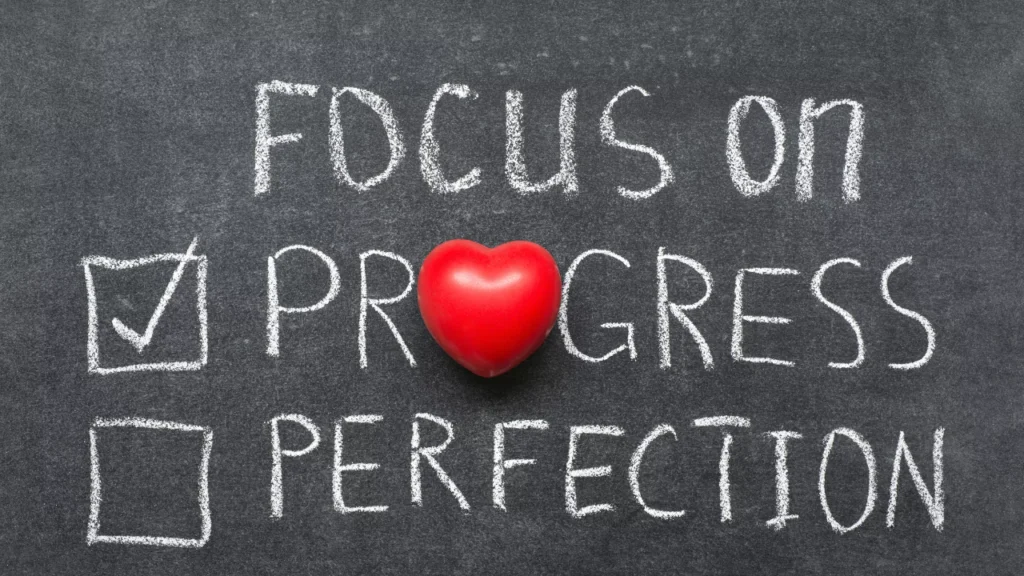
Depression is one of the most common emotional problems around the world. The good news is that it’s also one of the most treatable conditions. About 80% of people who get help for their depression have a better quality of life and enjoy themselves in ways that they weren’t able to before.
Treatment for depression can include psychotherapy, medication, or a combination of both. Psychotherapy with a mental health professional is very effective in treating depression. Therapy sessions can help people understand more about why they feel depressed and learn ways to combat it. Sometimes, doctors prescribe medicine for a patient with depression. It can take a few weeks before that person feels the medicine working. Because every person’s brain is different, what works well for one person might not work for another.
Everyone can benefit from mood-boosting activities like exercise, yoga, dance, journaling, or art. It can also help to keep busy no matter how tired you feel. People who are depressed shouldn’t wait around hoping it will go away on its own; depression can be effectively treated. Others may need to step in if someone seems severely depressed and isn’t getting help.
Many people find that it helps to open up to others including parents, friends, or other adults they trust. Simply saying, “I’ve been feeling really down lately and I think I’m depressed,” can be a good way to begin the discussion. Ask to arrange an appointment with a therapist. For teens, if a parent or family member can’t help, turn to a school counselor, best friend, or a helpline.
Depression counseling provides the environment to get “unstuck” from your issues. It is a positive solution-focused approach to changing your life. We will work together to develop goals and a plan to accomplish the change in your life and/or relationship.
The following are some trouble signs that you may experience. If so, contact us today to learn how we can help.
Understanding Depression
Feeling down from time to time is a normal part of life. But when emptiness and despair take hold and won’t go away, it may be depression. More than just the temporary “blues,” the lows of depression make it tough to function and enjoy life like you once did. Hobbies and friends don’t interest you like they used to; you’re exhausted all the time; and just getting through the day can be overwhelming.
Depression Symptoms
Depression counseling and symptoms vary from person to person, but there are some common signs and symptoms. It’s important to remember that these symptoms can be part of life’s normal lows. But the more symptoms you have, the stronger they are, and the longer they’ve lasted – the more likely it is that you’re dealing with depression. When these symptoms are overwhelming and disabling, that’s when it’s time to seek help.
- Depressed mood or sadness most of the time
- Lack of energy
- Inability to enjoy things that used to bring pleasure
- Withdrawal from friends and family
- Irritability, anger, or anxiety
- Inability to concentrate
- Significant weight loss or gain
- A significant change in sleep patterns (inability to fall asleep, stay asleep, or get up in the morning)
- Feelings of guilt or worthlessness
- Aches and pains (with no known medical cause)
- Pessimism and indifference (not caring about anything in the present or future)
- Thoughts of death or suicide
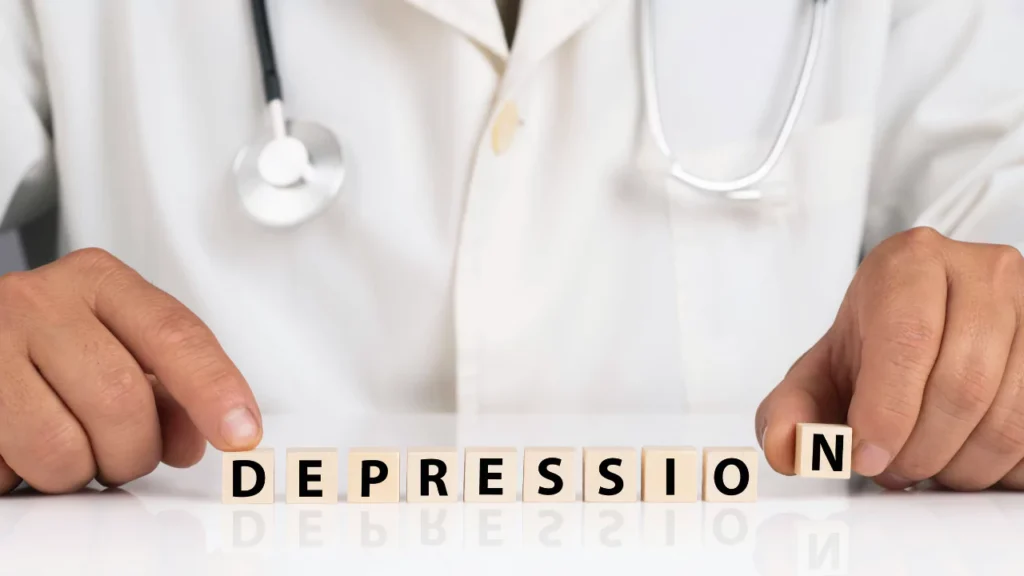
When you’re depressed, things may feel hopeless, but with help and support you can get better. Contact me for depression counseling today to get the help you need before the depression takes over. When someone has five or more of these symptoms, most of the time for 2 weeks or longer, that person is probably depressed. People who are depressed may show other warning signs, such as lack of motivation, poor concentration, and low mental energy. They could also have increased problems at school and work because of skipped classes or missing shifts. Some people with depression also have other disorders, and these can intensify feelings of worthlessness or inner pain. For example, those who cut themselves or who have eating disorders may have unrecognized depression that needs attention.
IT IS NOT ONLY MY PRIORITY TO BE YOUR DEPRESSION COUNSELING SPECIALIST, BUT I WANT TO PROVIDE THE MOST SIMPLIFIED PROCESS TO ACHIEVE AN UNDERSTANDING OF THE PROBLEMS ASSOCIATED WITH IT.
THE FOLLOWING IS A 3 PART OUTLINE OF HOW YOU CAN GET STARTED IN PARTICIPATING THROUGH IN-PERSON OR ONLINE COUNSELING FOR DEPRESSION AND THE ISSUES THAT NEGATIVELY IMPACT YOUR LIFE AS A RESULT OF IT.
Simple client on-boarding and online scheduling that fits your schedule
Congratulations on making the effort to find a solution to your depression and it’s related issues. Don’t wait or suffer any longer! Let’s take action and complete the next steps by filling out a few forms so I can better assist you. Schedule an appointment time that works for you.
Goals and objectives of depression counseling with nancy's counseling corner
Our goal is to help you understand and overcome the negative effects and consequences of depression. By participating in counseling sessions, you will create a platform for yourself to articulate the physical, emotional, and mental effects of it. Before you know it, you will begin to make progress by becoming a happier and more content individual.
Identify the cause and effect of your depression issues then offer solutions that help.
Co-Dependency can have a mind of it’s own and can be caused by a number of reasons. Together we will identify not only the cause, but work together towards a solution that will eliminate the unhealthy part of your relationship and make both partners stronger in the end.
Book an Appointment with Nancy Today
Working Hours
Monday To Friday
8am – 7pm
Saturday
9am – 4pm
Sunday
Closed
Get Started Now With Nancy’s Counseling Corner!
Book Appointment
(949) 510-9423
Depression Counseling FAQ
Depression counseling is a therapeutic process designed to help individuals cope with and overcome depression. It involves talking to a trained therapist who can provide support, strategies, and a safe space to discuss your feelings and challenges.
If you’re experiencing persistent feelings of sadness, hopelessness, and a lack of interest in activities you once enjoyed, it’s advisable to seek counseling. A professional can assess your situation and recommend the appropriate treatment.
The duration of counseling varies from person to person. It may last for a few weeks, several months, or longer, depending on your specific needs and progress.
In a counseling session, you can expect to discuss your feelings, thoughts, and experiences related to depression. Your therapist will listen, provide support, offer coping strategies, and help you set achievable goals for improvement.
Depression counseling is effective for many individuals, but results can vary. Success depends on factors like the severity of depression, individual needs, and the therapeutic relationship. It may not work for everyone, but alternative treatments can be explored.
Yes, counseling and medication can be used together as an effective treatment strategy for depression. This is known as a combination or integrative approach, and it’s often recommended for severe cases.
Information shared in counseling is typically confidential, and therapists are bound by professional ethics and legal standards to protect your privacy. There are some exceptions, such as when there is a risk of harm to yourself or others.
To find the right counselor, you can start by asking for recommendations from your primary care physician, contacting your insurance provider, or searching online directories of licensed therapists. It’s important to find someone you feel comfortable with and who specializes in depression treatment.
There are affordable or free mental health resources available, including community clinics, support groups, and online counseling platforms. You can also check if your insurance plan covers mental health services.
| It’s not uncommon to feel uneasy or resistant to counseling, especially if it’s your first time. It’s essential to communicate your concerns with your therapist, who can work with you to create a comfortable and supportive environment. |
